Are you preparing to submit your research project for ethical approval? Understanding the intricacies of crafting the perfect letter to notify an ethical review board can be a game changer for your study. This letter not only outlines your intentions but also demonstrates your commitment to upholding ethical standards in research. Dive into our comprehensive guide to discover essential tips and templates that will help you navigate this important process effortlessly!

Study Title and Objective
The ethical review board notification should include a concise yet comprehensive overview of the study title and objectives. The study title should clearly present the focus of the research, such as "Impact of Nutrition on Childhood Development in Urban Areas." The objective section should define the primary aims, for example, "To evaluate the correlation between dietary intake and cognitive growth among children aged 6-12 years in metropolitan settings." It is essential to include relevant details, such as the specific population being studied (urban children), the parameters for dietary intake (nutritional quality, frequency of meals), and the expected outcomes (improvements in cognitive assessments). Clear articulation of the study's purpose forms the foundation for ethical consideration, ensuring alignment with the welfare of participants and scientific integrity.
Principal Investigator and Contact Information
The Principal Investigator (PI) plays a critical role in research studies, overseeing the planning, implementation, and ethical compliance. The PI's contact information is essential for effective communication with the Ethical Review Board. Typically, this includes the PI's name, academic title, affiliation (such as a university or research institution), email address, and phone number. Providing accurate and up-to-date contact details ensures prompt responses to inquiries, feedback on research proposals, and any required amendments to ensure adherence to ethical standards. This information is crucial for maintaining transparency and accountability within the research process.
Participant Recruitment and Consent Process
The participant recruitment and consent process for clinical trials must adhere to strict ethical guidelines to protect individuals involved in research. This involves obtaining informed consent from participants, ensuring they fully understand the implications of their participation. The recruitment strategy could include advertising through institutional channels like university bulletin boards and online platforms specialized in volunteer recruitment for studies. Potential participants, ideally aged between 18 and 65 years, will be screened through pre-established criteria such as medical history and current health status. Consent forms, which detail the purpose of the study, procedures involved, potential risks (such as side effects from experimental treatments), and confidentiality measures (including anonymization of data), must be reviewed and signed before participation. Furthermore, a dedicated ethics committee, such as the Institutional Review Board, will oversee the process to ensure compliance with regulations and ethical standards set forth by organizations like the World Health Organization or the National Institutes of Health.
Risk Assessment and Mitigation
A comprehensive risk assessment is vital for evaluating potential hazards associated with research projects involving human subjects, particularly in medical studies or psychological experiments. Factors such as participant privacy, informed consent processes, and potential psychological distress are crucial elements of this assessment. The study must outline specific risk mitigation strategies, including protocols for monitoring participant well-being during the research (e.g., regular check-ins or mental health support), methods to ensure confidentiality (such as anonymizing data), and a clear plan for addressing adverse events. Ethical guidelines established by the Institutional Review Board (IRB) should be adhered to, ensuring that all procedures prioritize participant safety and comply with regulations set forth by organizations like the U.S. Department of Health and Human Services (HHS).
Data Privacy and Confidentiality Measures
Research studies often involve sensitive information from participants, necessitating robust data privacy and confidentiality measures. The General Data Protection Regulation (GDPR), established by the European Union, emphasizes the importance of protecting personal data. Effective anonymization techniques, such as data encryption and pseudonymization, ensure that participant identities remain confidential. Consent forms, typically detailing data use and storage, are crucial elements in maintaining participant trust. Secure data storage facilities, like locked servers or cloud services with strict access controls, mitigate risks of unauthorized breaches. Regular audits, following protocols from reputable institutions, can further uphold data integrity and accountability throughout the research process.

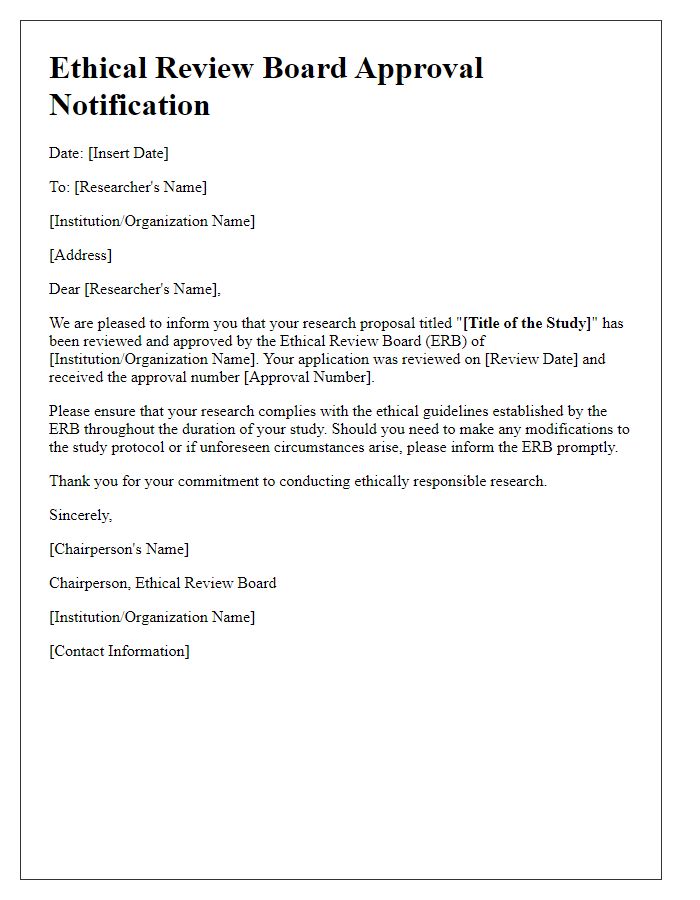
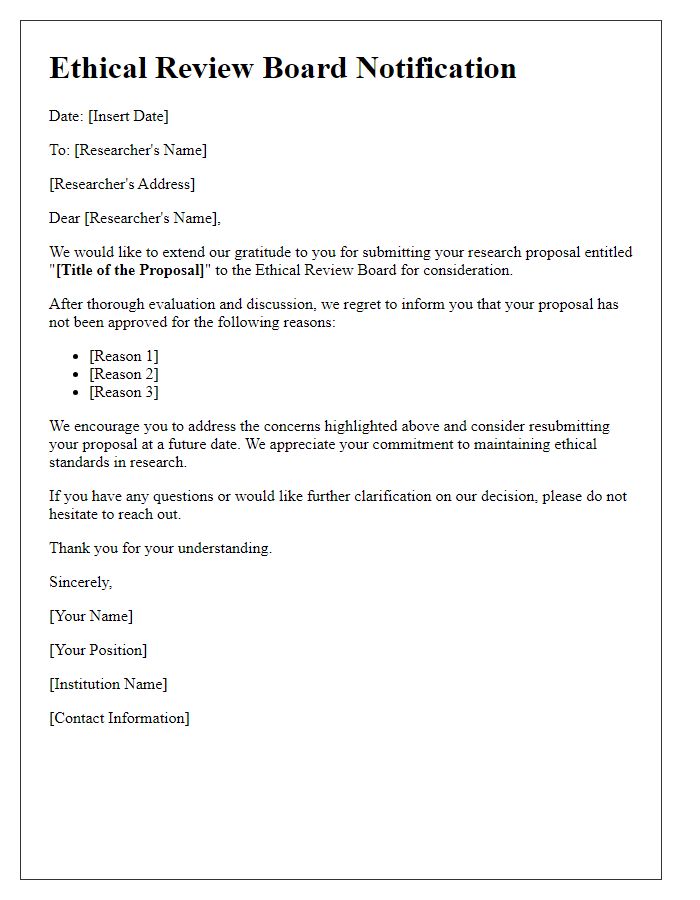
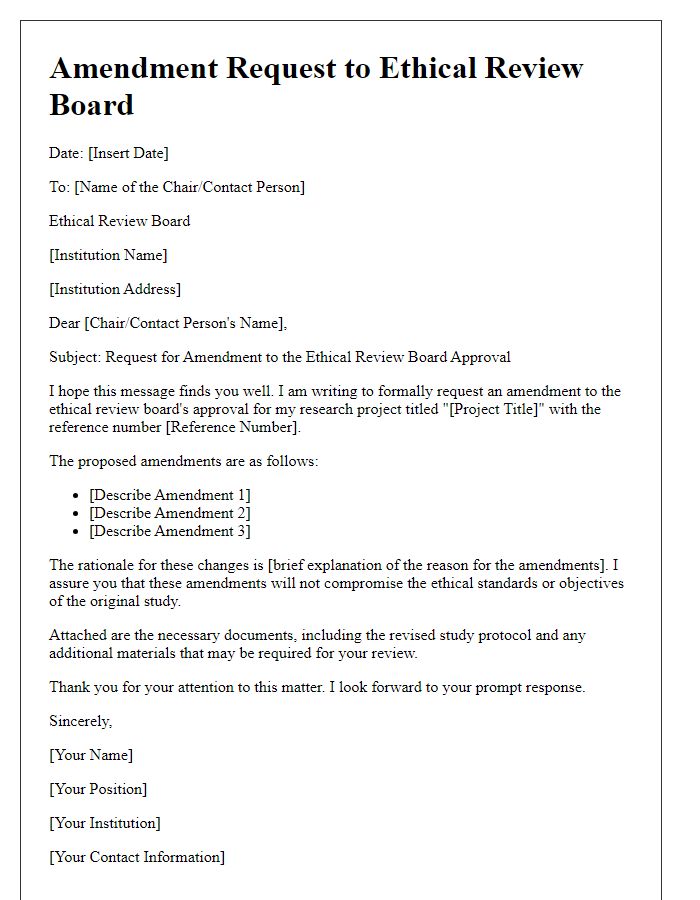
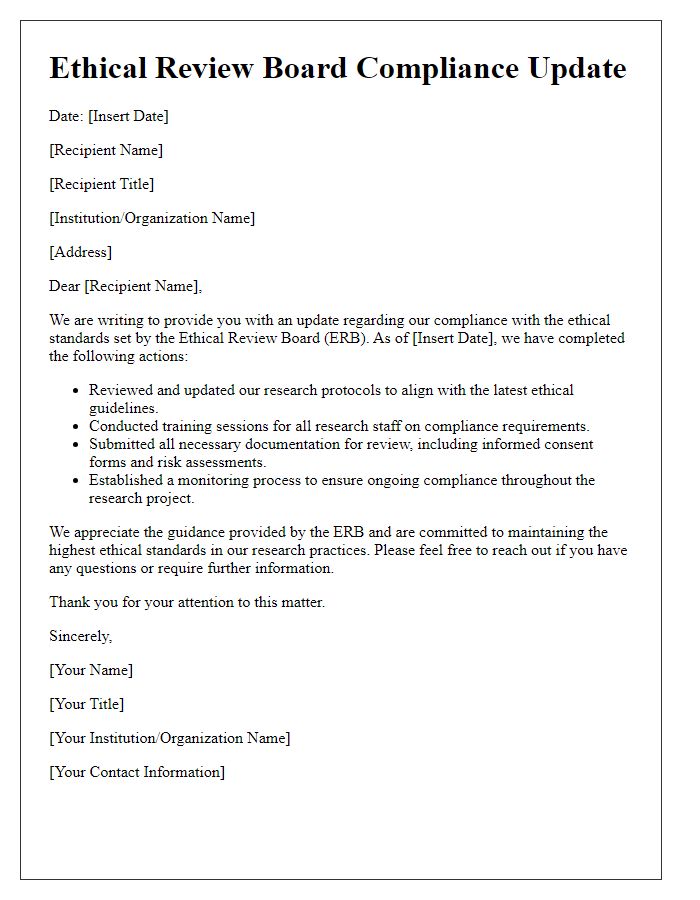
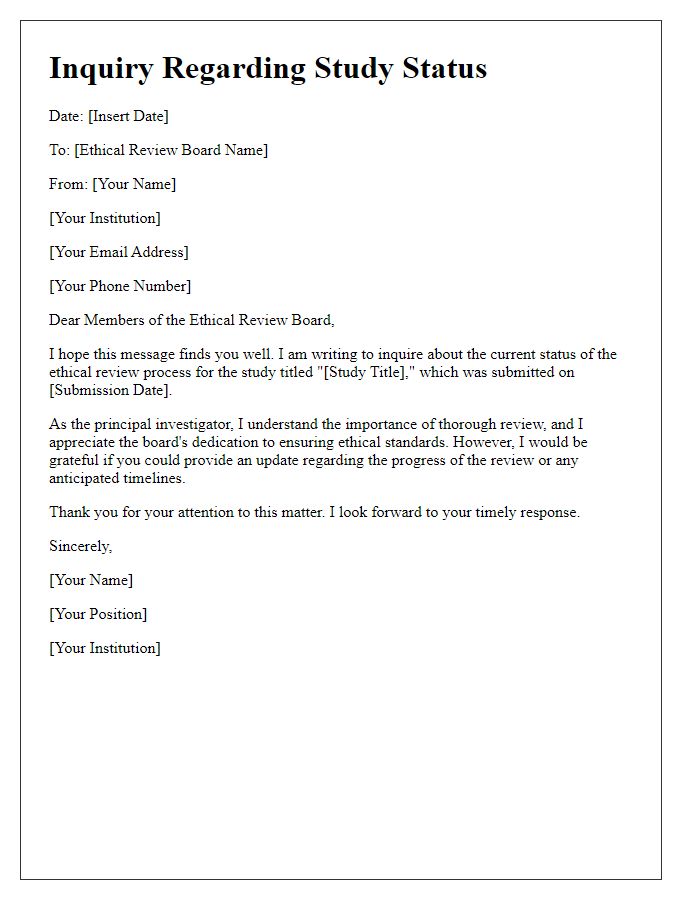
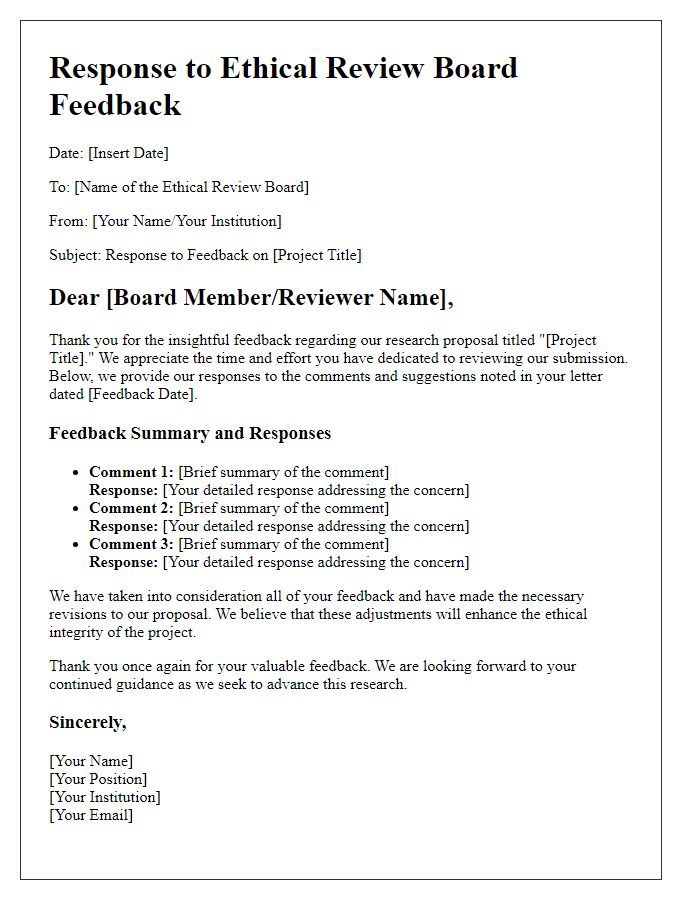
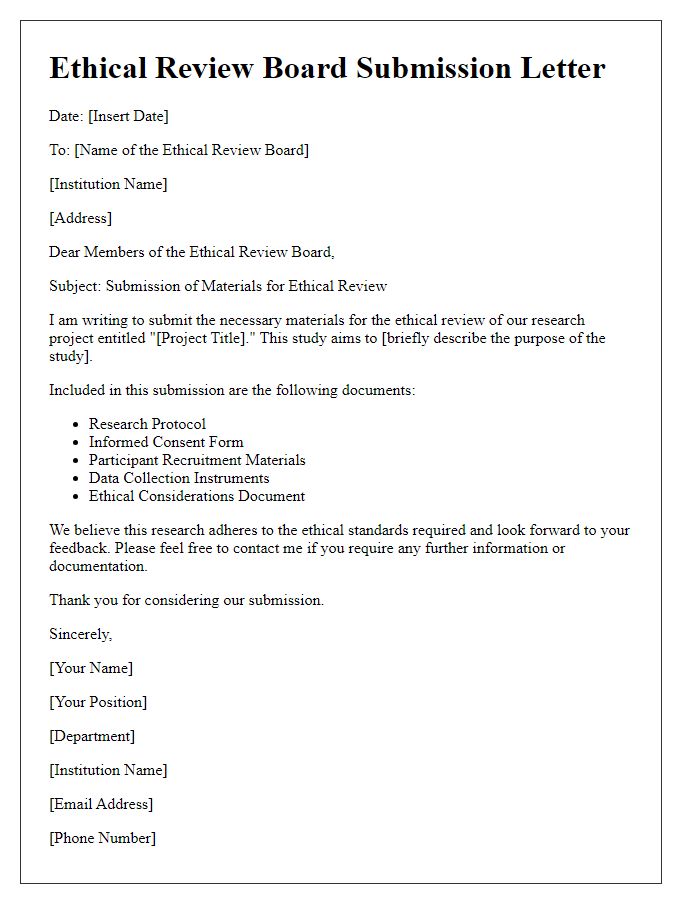
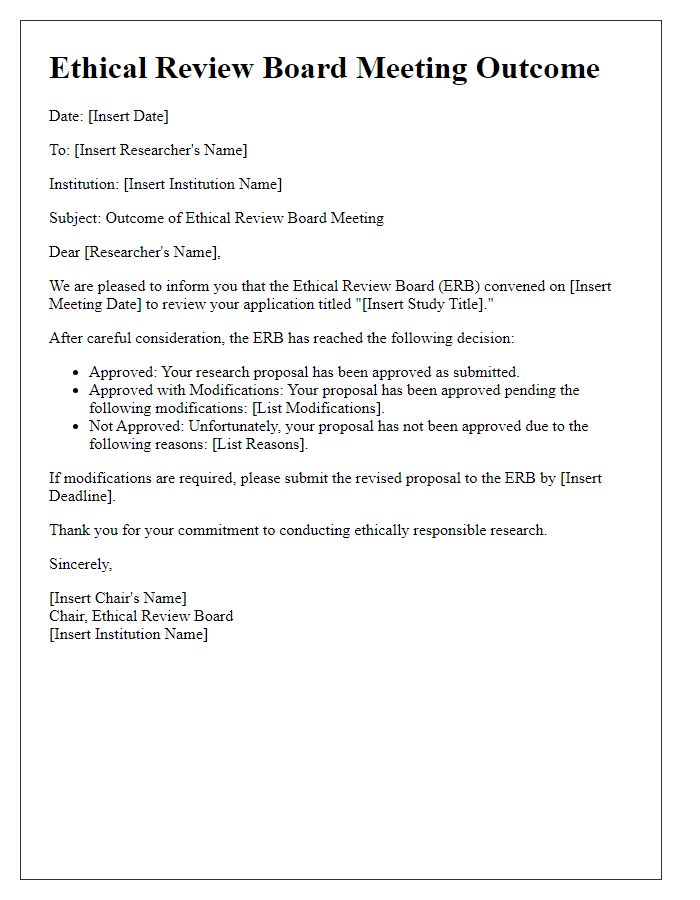

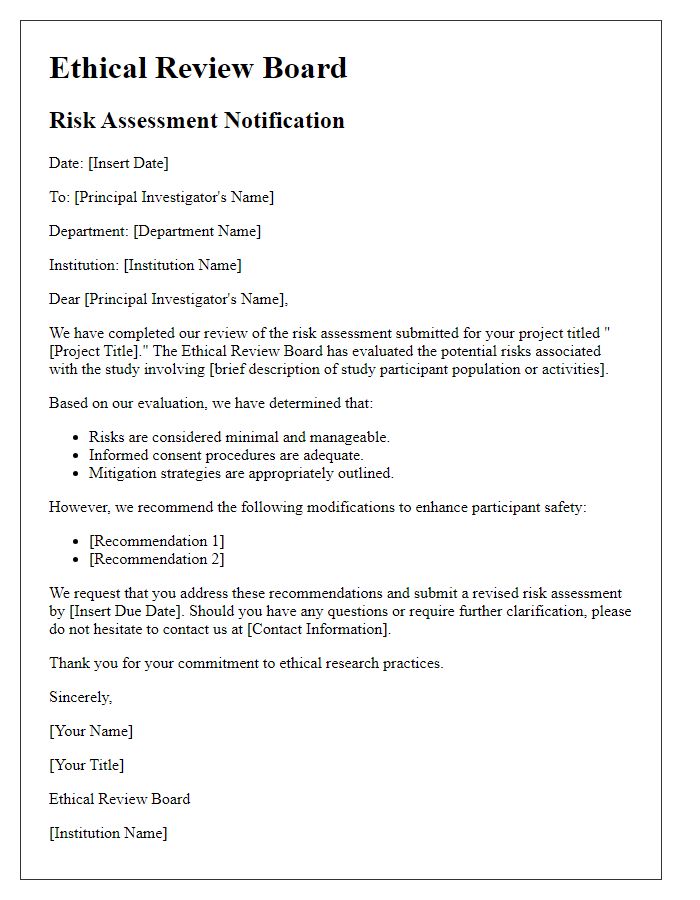


Comments